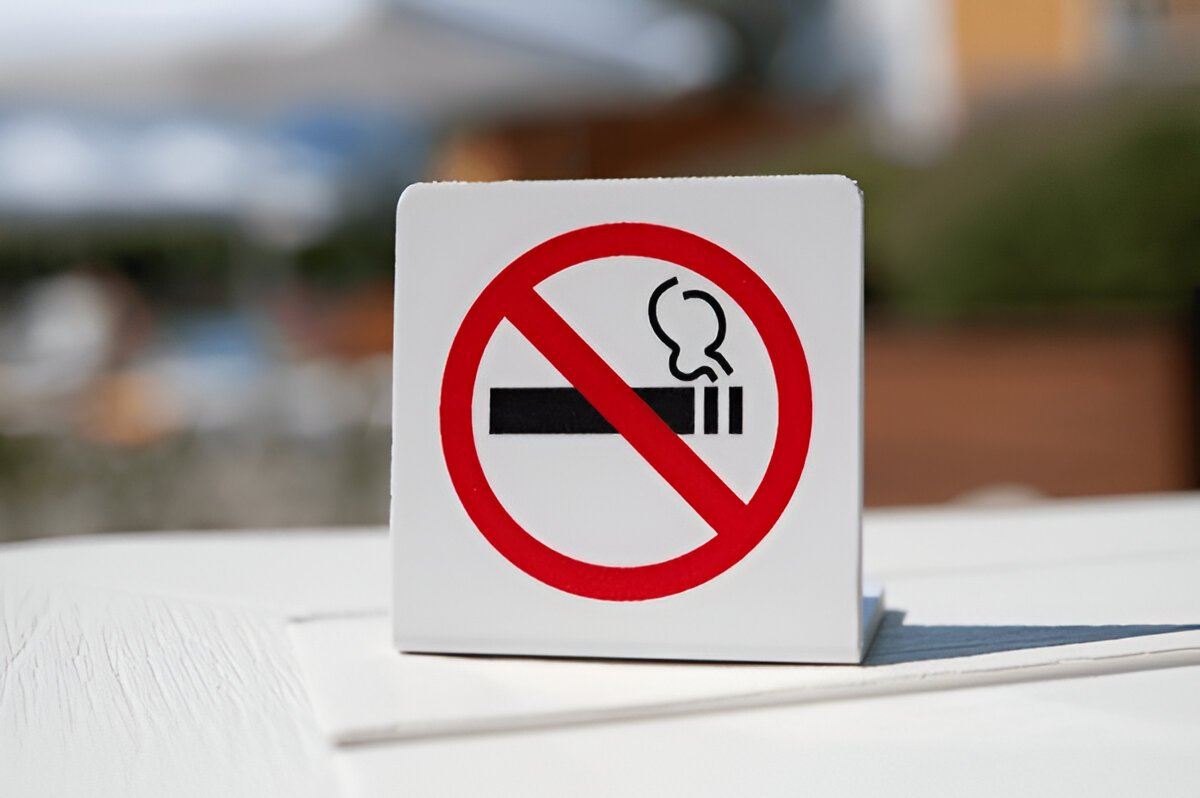In 1999, Murli S. Deora, a well-known Indian human rights activist, filed a civil writ petition before the Supreme Court of India under Article 32 of the Constitution. It was a public interest litigation (PIL) aimed at banning smoking in public places. The main argument made by the petitioner was that smoking in public seriously harmed public health and violated the right to life and personal liberty guaranteed under Article 21 of the Constitution. Murli S. Deora highlighted that non-smokers were being forced to inhale second-hand smoke, which exposed them to several serious health risks like heart attacks, respiratory problems, migraines, and nausea. He also relied on various medical studies showing the dangers of passive smoking, arguing that the government had a duty to protect citizens from such harm.
Issue before the Court
The main issue before the Court was whether public smoking violates the right to life guaranteed under Article 21 of the Constitution for non-smokers and passive smokers.
Contention before the Court
The petitioner argued that Article 21 ensures that no person can be deprived of their life or personal liberty except according to a fair and established legal process. The Constitution protects not just the right to live but also the right to live with dignity. Smoking, which is known to be harmful to health, not only affects the smoker but also impacts those around them who breathe in the smoke — the passive smokers. It was contended that allowing people to smoke in public places forces non-smokers to inhale toxic smoke, thereby violating their fundamental right to a healthy and dignified life under Article 21. Further, the petitioner emphasized that manufacturers and sellers of tobacco products should be required to display warning labels about the harmful effects of smoking, so that the public is properly informed of the dangers involved.
Analysis of the Court
In the case of Murli S. Deora v. Union of India, the Supreme Court recognized that while smoking is harmful to the health of smokers, it is even more concerning that passive smokers i.e those who do not smoke themselves but inhale smoke from others also suffer health risks. The Court relied on the statement of objects and reasons behind both the Cigarettes (Regulation of Production, Supply, and Distribution) Act, 1975 and the Cigarettes and Other Tobacco Products Act, 2001, which clearly confirm the harmful effects of smoking on human health. As a result, the Court prohibited smoking in public places, specifically naming locations like auditoriums, hospitals, health institutions, educational institutions, libraries, courts, public offices, public transport, and railways. Additionally, the Court directed the Union of India to give wide publicity to the ban through electronic and print media, so that the general public would be made fully aware of this important prohibition.
Concluding Remark
In conclusion, public smoking is not only dangerous to individuals but also damaging to the environment. The Supreme Court’s decision in this case reflects a strong step toward promoting public health and protecting environmental well-being. By taking such proactive measures, the judiciary has once again expanded the meaning of Article 21 of the Constitution, which guarantees the right to life and personal liberty, making it flexible enough to include the protection of health and clean-living conditions. The case of Murli S. Deora clearly shows how the Court used its powers to safeguard the health rights of the public, reinforcing that Article 21 can evolve to meet the needs of society.

